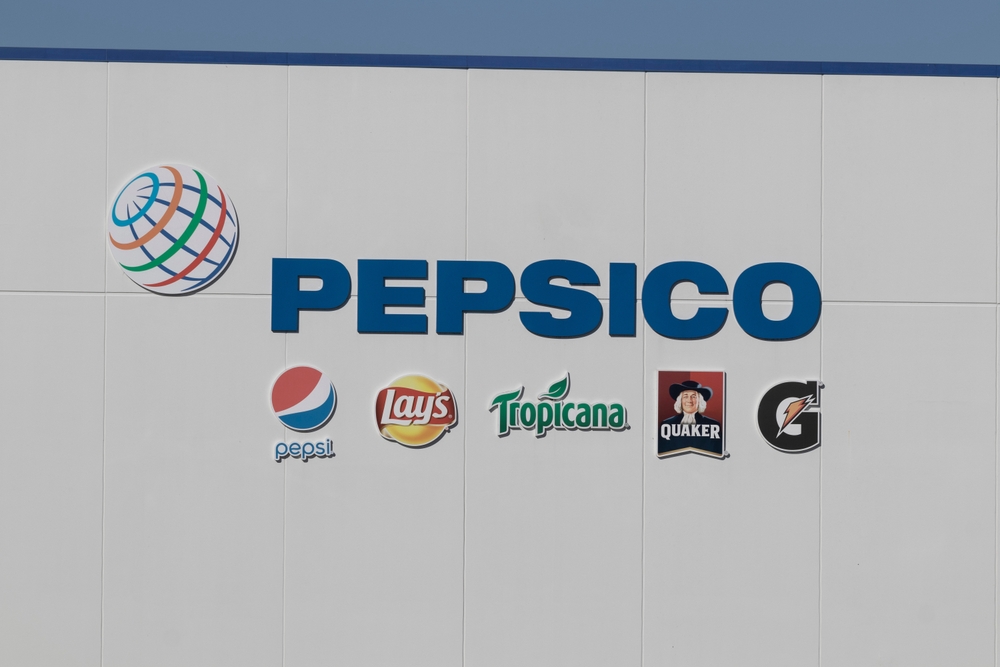The FDA has given PepsiCo 15 working days to respond.
Others are reading now
The FDA issued a warning letter to PepsiCo CEO Ramon Laguarta following a comprehensive inspection of the company’s ready-to-eat (RTE) food manufacturing facility in Danville, IL. Conducted between December 19, 2023, and February 2, 2024, the inspection uncovered critical violations of federal food safety regulations.
Promted a Recall
The FDA’s investigation, prompted by a recall of granola bars and cereals announced on December 15, 2023, found the presence of Salmonella Cubana, a dangerous pathogen, in the facility. This contamination rendered the products adulterated under the Federal Food, Drug, and Cosmetic Act, posing significant health risks.
The facility’s failure to comply with the Current Good Manufacturing Practice (CGMP) and the Hazard Analysis and Risk-Based Preventive Controls (PC) for Human Food regulation was evident. Despite corrective actions, the persistent presence of Salmonella Cubana since at least 2020 indicated inadequate measures to prevent recurrence.
Also read
Urged to Evaluate Other Facilities
On November 22 and 23, 2023, internal testing identified Salmonella in “Chewy Chocolate Chip Granola Bars,” confirmed by December 12, 2023. Further FDA sampling on December 19 confirmed environmental contamination. Consequently, the recall was expanded on January 11, 2024, to include all RTE products from the Danville facility.
The FDA’s letter emphasized the necessity of stringent corrective actions to eliminate contamination sources and prevent future outbreaks. PepsiCo has since announced plans to cease operations at the Danville site. However, the FDA urged the company to evaluate other facilities for similar risks to ensure comprehensive food safety across its operations.
The FDA has given PepsiCo 15 working days to respond with detailed corrective actions to address these violations and prevent future contamination. Failure to comply could result in legal actions, including product seizures and injunctions.


